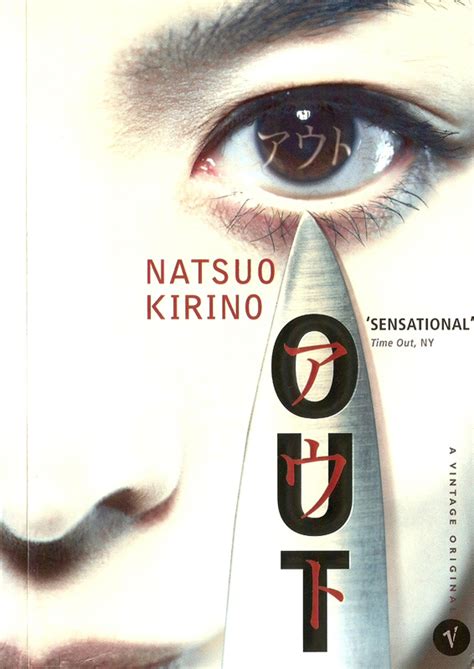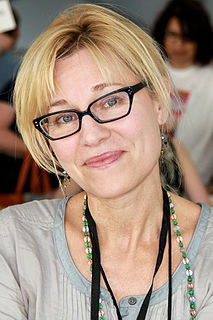A Quote by Natsuo Kirino
'Out' was my real breakthrough, the novel that became a hit in Japan and sold a lot of books, so it was sort of an obvious choice for being the first book to be translated into English.
Related Quotes
In fact, many of the quotes in my books are quotes which were translated from English and that I read already translated into Spanish. I'm not really concerned with what the original version in English was, because the important thing for me is that I received them already translated, and they've influenced my original worldview as translations, not as original quotations.
I've never translated more than one book by any author. But I'm fascinated by translators who have, like Richard Zenith, who's translated so much of Fernando Pessoa's work. I get restless for a new kind of influence. The books I've translated are books I want to learn from as a writer, to be intoxicated by. And translation is an act of writing in itself. It's an act of recreation - of a writer's cadence and tone and everything that distinguishes the voice in the book.
There was - there still is - a big shortage of good Chinese-English literary translators. So for two years in London, I was stuck waiting, not writing, with several Chinese books I couldn't get translated. That's when I decided to write in English, since I had been living here and had decided to reconstruct my life here. Even if I wrote in broken English, it was better than getting bored and weary and bitter on the long queue of authors waiting to be translated by a stranger.






































